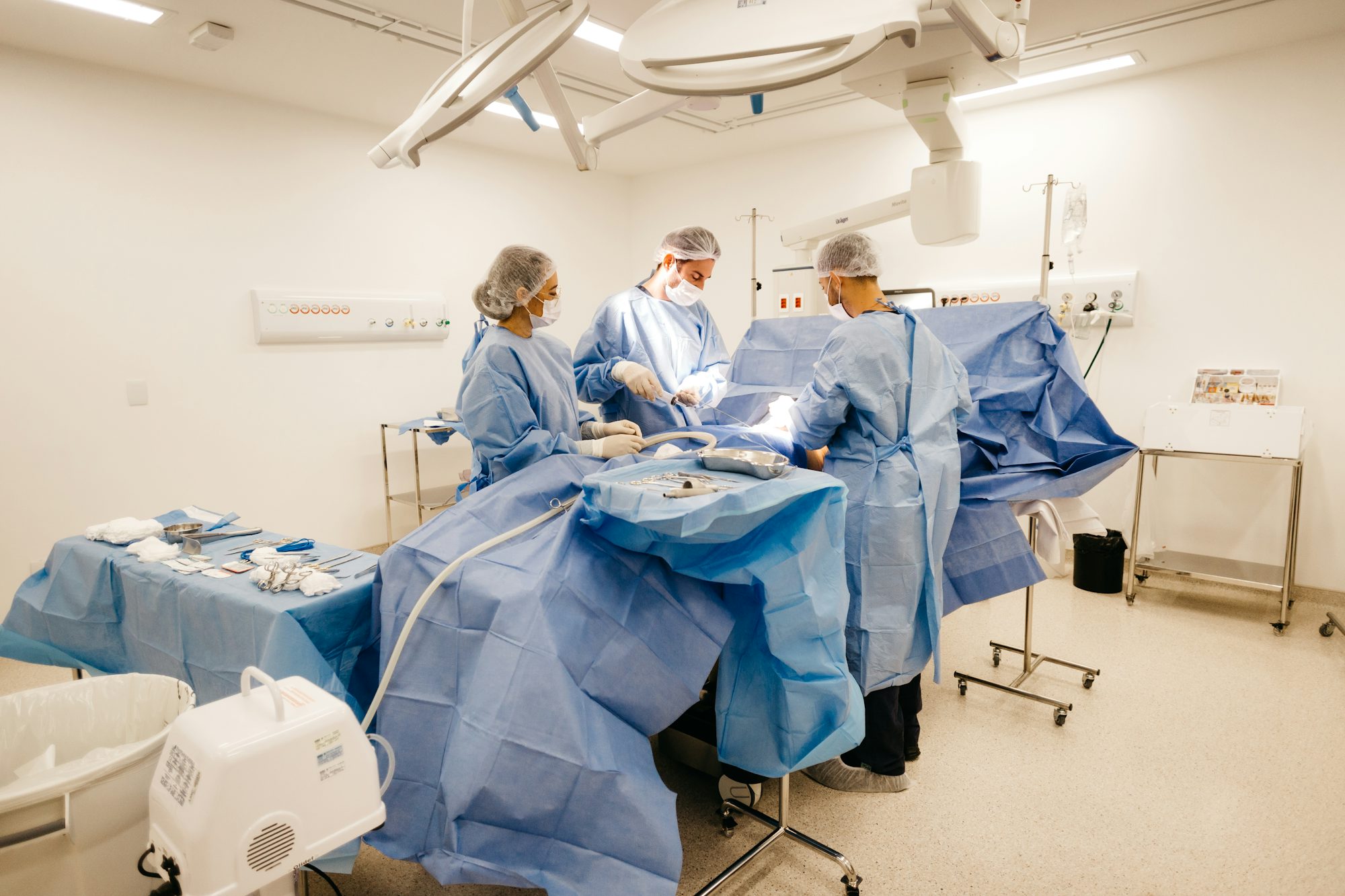In today’s rapidly advancing medical landscape, diagnostic clinics play a pivotal role in ensuring individuals receive accurate and timely health assessments. These clinics specialize in a wide range of diagnostic services, offering everything from routine check-ups to advanced imaging techniques, all designed to catch health problems before they develop into more serious conditions. As healthcare becomes increasingly focused on prevention and early detection, diagnostic clinics are at the forefront of this shift, providing essential services that allow individuals to take proactive steps toward maintaining optimal health. One of the most significant developments in healthcare over the past few decades has been the increasing emphasis on preventive care. Traditionally, healthcare was centered around reacting to illness and disease, with most people seeking medical attention only when they were already experiencing symptoms. However, there has been a gradual shift toward a more proactive approach, where early detection plays a crucial role in identifying health issues before they escalate. Diagnostic clinics, with their advanced tools and expert staff, are instrumental in this transformation. These clinics offer a range of diagnostic tests and screenings that help detect potential health risks at an early stage. One of the most important aspects of modern diagnostic clinics is their ability to offer comprehensive testing. From blood tests to advanced imaging, these clinics provide a wide array of diagnostic tools that can reveal underlying health conditions. For example, diagnostic clinics equipped with state-of-the-art imaging technology such as MRI machines, CT scanners, and ultrasounds can detect issues such as tumors, bone fractures, and internal organ abnormalities. These tests often provide much more detailed and accurate information than physical exams alone, enabling healthcare providers to offer more precise diagnoses and treatment plans. Additionally, diagnostic clinics may offer laboratory services, including blood work and genetic testing, which can help identify early indicators of conditions like diabetes, high cholesterol, and even genetic predispositions to certain diseases. By identifying these issues early, individuals can make informed decisions about their health and take preventive actions to avoid more serious conditions later on. Beyond just providing advanced tests, diagnostic clinics also offer a more personalized approach to healthcare. Many of these clinics work closely with patients to understand their health history, family background, and specific concerns, allowing them to create tailored testing and treatment plans. For instance, a person with a family history of heart disease may be advised to undergo regular cardiovascular screenings, while someone with a history of allergies may benefit from allergy testing and immunotherapy. This personalized approach not only enhances the quality of care but also empowers patients to take an active role in managing their health. Another benefit of modern diagnostic clinics is their ability to provide a range of screenings that focus on different aspects of health. For example, many diagnostic clinics now offer comprehensive health check-ups, which may include tests for heart health, lung function, cholesterol levels, blood pressure, and more. These check-ups serve as a preventive measure, helping individuals understand their current health status and take steps to address potential issues before they become more serious. In addition to physical health screenings, diagnostic clinics are increasingly offering screenings for mental health and wellness. Clinics may provide psychological evaluations, cognitive function tests, and even stress assessments to ensure that patients’ mental health is being taken into account alongside their physical well-being. The integration of mental health into routine diagnostics is a growing trend, as more people recognize the importance of emotional and psychological health in maintaining overall wellness. Diagnostic clinics are not only helping with early detection and prevention, but they are also making healthcare more accessible. Traditional healthcare systems can often be overwhelmed by demand, leading to long wait times and limited access to necessary tests. Diagnostic clinics, however, offer more streamlined services, often allowing patients to book appointments quickly and receive results in a timely manner. This is particularly beneficial for individuals who need immediate answers or those who are trying to stay on top of their health with regular check-ups. Moreover, many diagnostic clinics are adopting telemedicine and digital technologies to improve patient access. Virtual consultations, for instance, can allow patients to review their test results with a healthcare provider from the comfort of their own home, eliminating the need for travel and reducing the time spent in waiting rooms. These technologies not only make healthcare more convenient but also reduce the burden on physical healthcare facilities, ensuring that resources are used efficiently. The integration of digital health solutions, such as wearable devices and mobile health apps, also plays a role in the evolution of diagnostic clinics. Many clinics now provide patients with access to tools that track their health metrics in real time. Wearable devices can monitor everything from heart rate and activity levels to sleep patterns and stress, providing valuable insights into a patient’s lifestyle. These devices can sync with diagnostic systems, allowing healthcare providers to track progress and adjust treatment plans based on up-to-date information. The use of digital health solutions is an exciting development that brings diagnostic capabilities into the everyday lives of patients, enabling them to stay engaged in their health journey. Another important feature of modern diagnostic clinics is their ability to provide preventive services that go beyond the basic tests. Many clinics now offer specialized services such as immunizations, skin cancer screenings, and genetic counseling, which can further enhance a patient’s overall health. For example, some clinics offer targeted screenings for certain cancers, such as mammograms or colonoscopies, which are proven to help detect cancer at an early stage when it is most treatable. Additionally, genetic counseling services can help individuals understand their genetic predisposition to certain conditions and make informed decisions about preventive measures, such as lifestyle changes or medical interventions. By offering these advanced services, diagnostic clinics are helping individuals take control of their health and reduce the risk of developing serious conditions in the future. As healthcare continues to evolve, the role of diagnostic clinics will become increasingly important. These clinics provide essential services that help individuals maintain their health, catch potential problems early, and make informed decisions about their well-being. By combining advanced technology, personalized care, and preventive services, diagnostic clinics are changing the way we approach healthcare. Patients no longer have to wait for symptoms to appear before seeking medical help. Instead, they can take a proactive approach to their health, ensuring they are doing everything they can to stay healthy for years to come. As diagnostic clinics continue to grow and expand, they will play a central role in improving healthcare access, enhancing patient outcomes, and ultimately contributing to a healthier society. Whether it’s through advanced imaging, genetic testing, or comprehensive health check-ups, these clinics are leading the charge in a new era of healthcare that prioritizes prevention, early detection, and personalized care.

Posted inFit & strong

